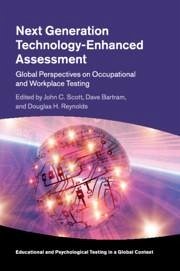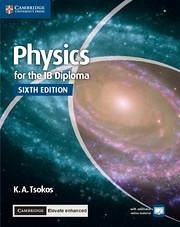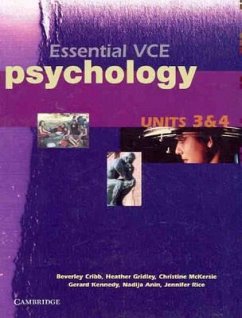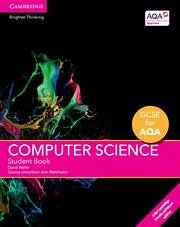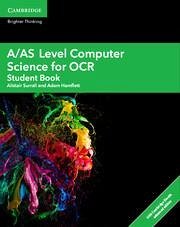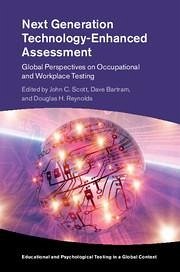
Next Generation Technology-Enhanced Assessment
Global Perspectives on Occupational and Workplace Testing
Herausgeber: Scott, John C; Reynolds, Douglas H; Bartram, Dave
Versandkostenfrei!
Versandfertig in über 4 Wochen
127,99 €
inkl. MwSt.
Weitere Ausgaben:

PAYBACK Punkte
64 °P sammeln!
This book examines the types of web-based testing applications that exist, their technical requirements, and their use in various countries.




